
The Atlanta-area spa shootings hit home for many Asian American women: “This could have been me.”
Ten Asian American women explain the connection they feel to the six slain women, and the resilience required to assimilate while facing ongoing harassment. washingtonpost.com/nation/interac…
Ten Asian American women explain the connection they feel to the six slain women, and the resilience required to assimilate while facing ongoing harassment. washingtonpost.com/nation/interac…
When Karen Watkins heard about the shooting, she thought of her mother, who was often mocked for her race and accused of “stealing” jobs.
“I remember those people getting mad at her in the grocery store. If they had a gun and they got frustrated, they could just shoot at her.”


“I remember those people getting mad at her in the grocery store. If they had a gun and they got frustrated, they could just shoot at her.”



Mariah Hatta survived a fatal shooting at work in 2008. People often check in on her when a mass shooting occurs.
The Atlanta-area one felt different: “Workplace ones always kind of hit a little close to home.” The victims being mostly Asian women made it “just a little harder.”


The Atlanta-area one felt different: “Workplace ones always kind of hit a little close to home.” The victims being mostly Asian women made it “just a little harder.”



Snigdha Hoque sometimes faced crude and sexualized comments related to her ethnicity from men at work. That's why the Atlanta-area shooting resonated with her.
“These women went to work because they had to ... They had to go to work to support their families.”


“These women went to work because they had to ... They had to go to work to support their families.”
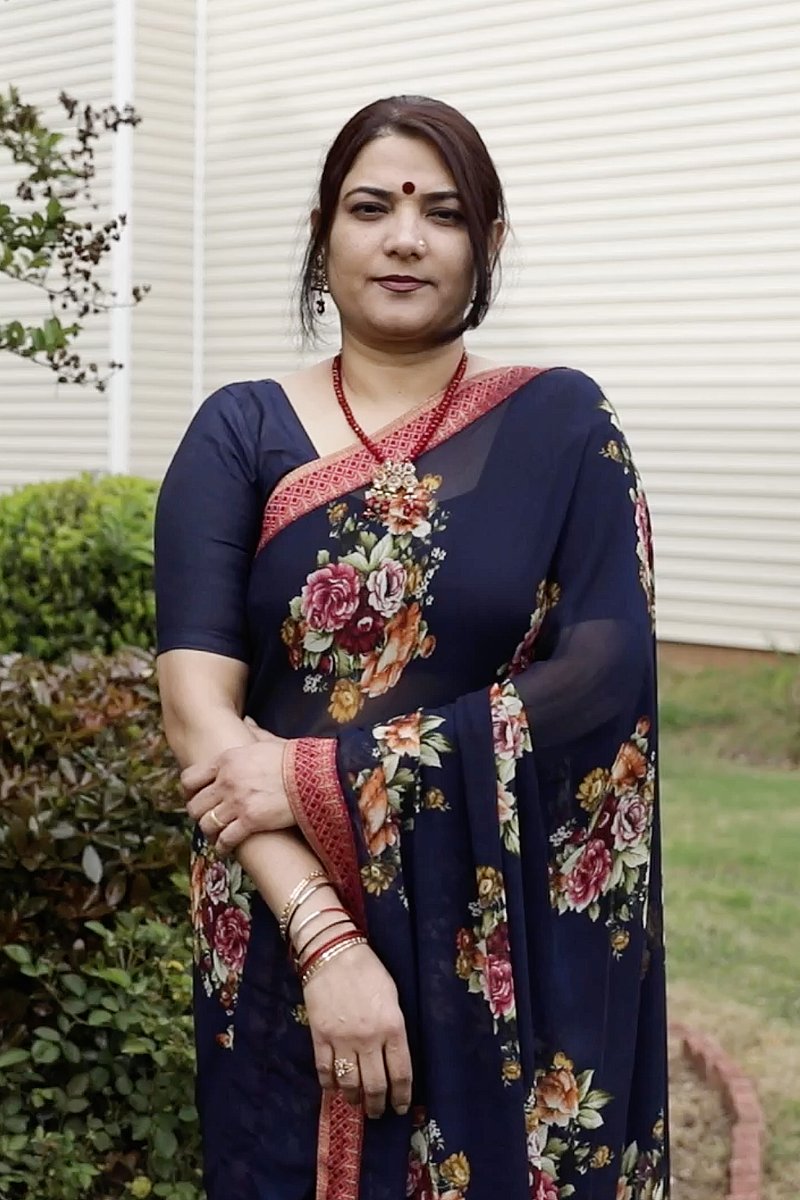


For Thao Lee, the shooting reinforced her feeling of vulnerability during the pandemic: “Even when I go to the store, I have to watch my back all the time.”
Her daughter Monica said it validated a growing fear that her family and friends “didn’t really know how to process yet.”


Her daughter Monica said it validated a growing fear that her family and friends “didn’t really know how to process yet.”
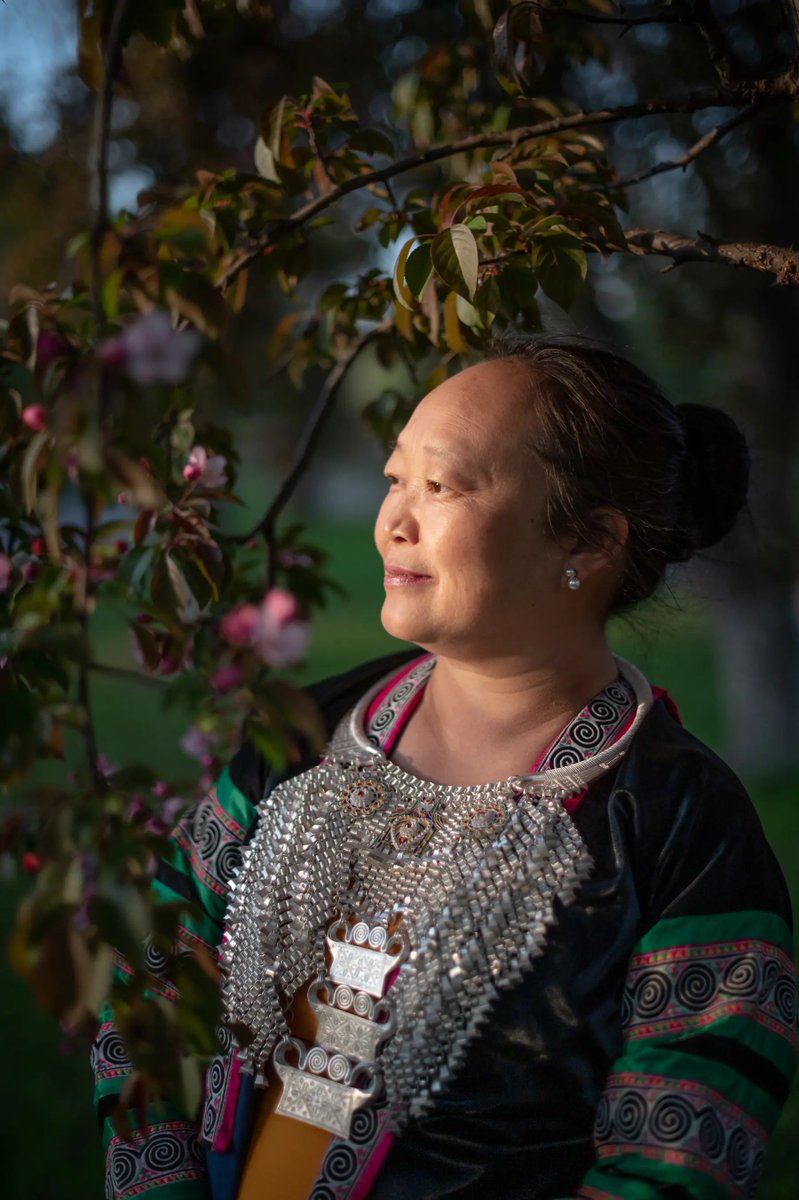

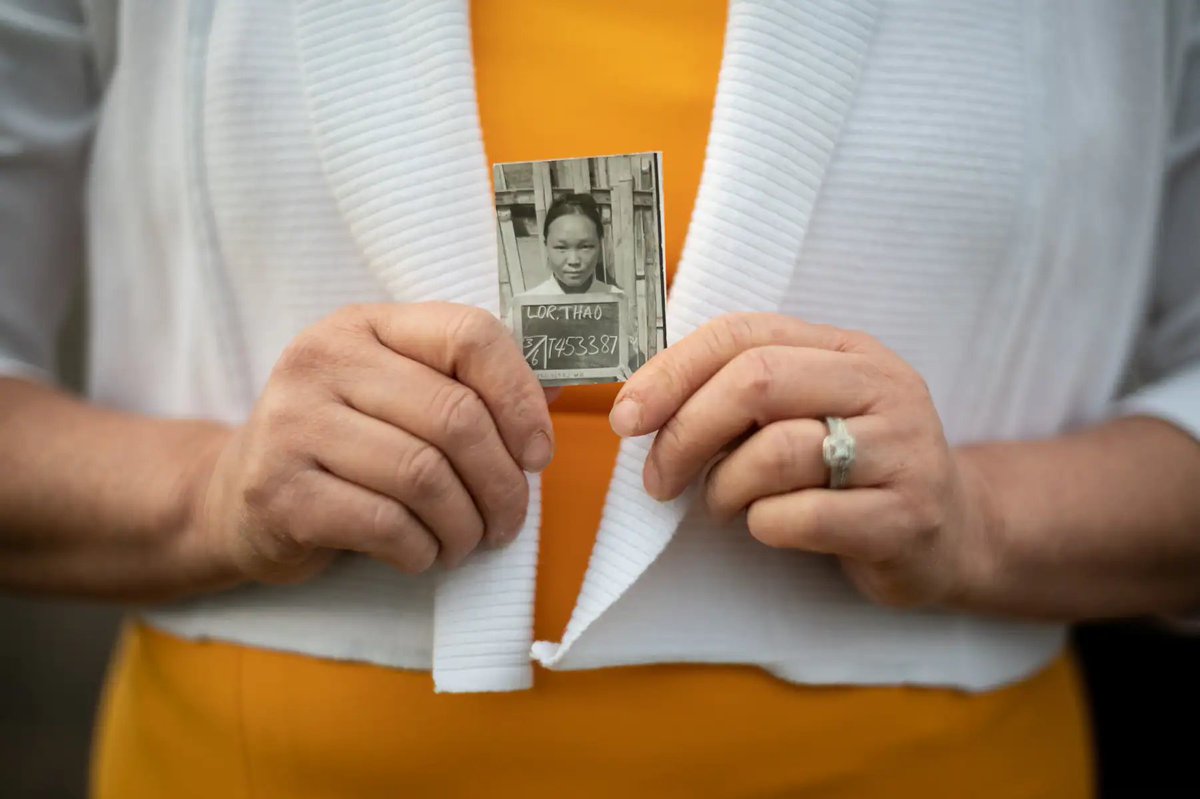
When Kym Lee read that one of the slain women in the Atlanta-area shooting worked 12 hours every day, she thought: “That’s my mom.”
“That’s what a lot of immigrants do: You come here to build a better life and give a better life for your family. You’ll do whatever it takes.”


“That’s what a lot of immigrants do: You come here to build a better life and give a better life for your family. You’ll do whatever it takes.”
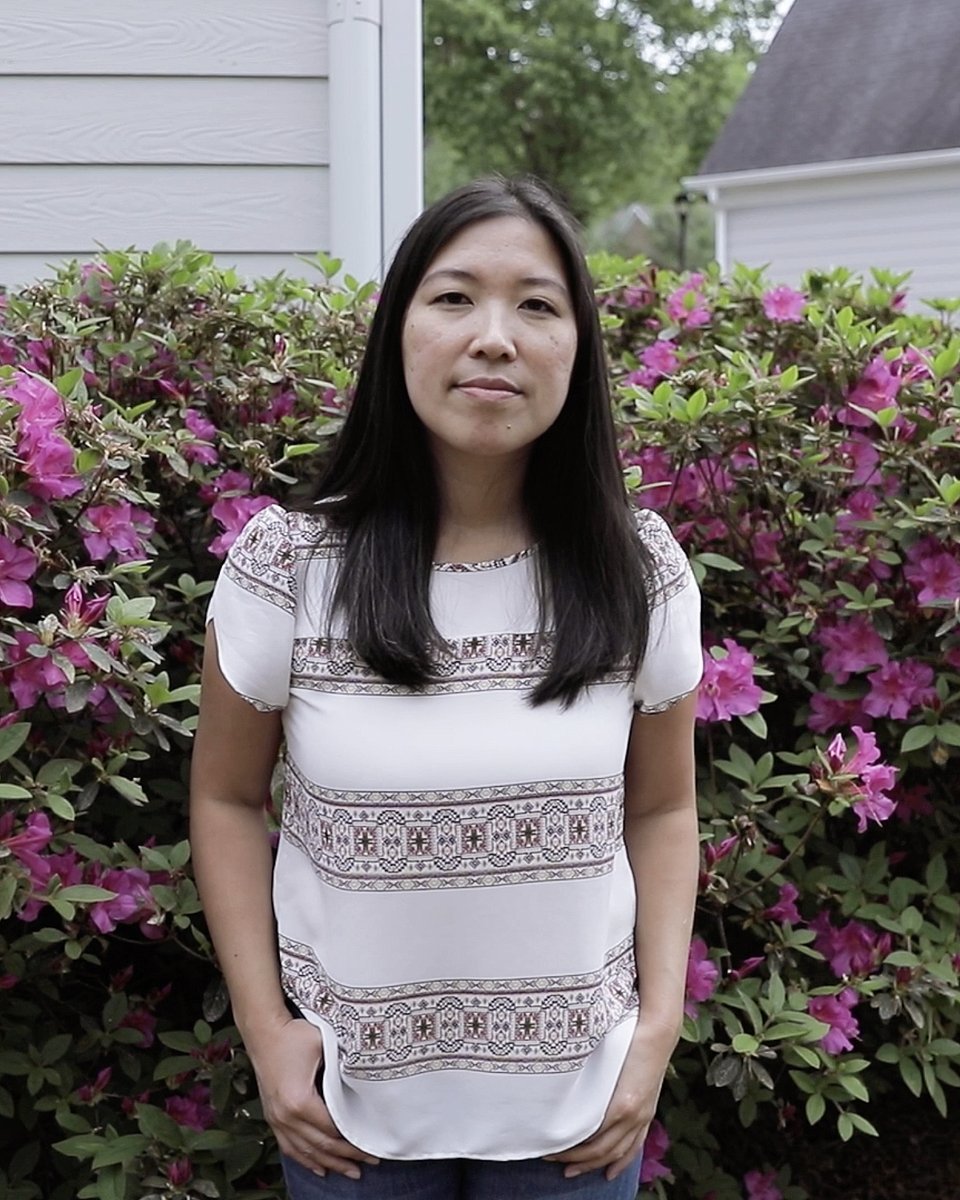

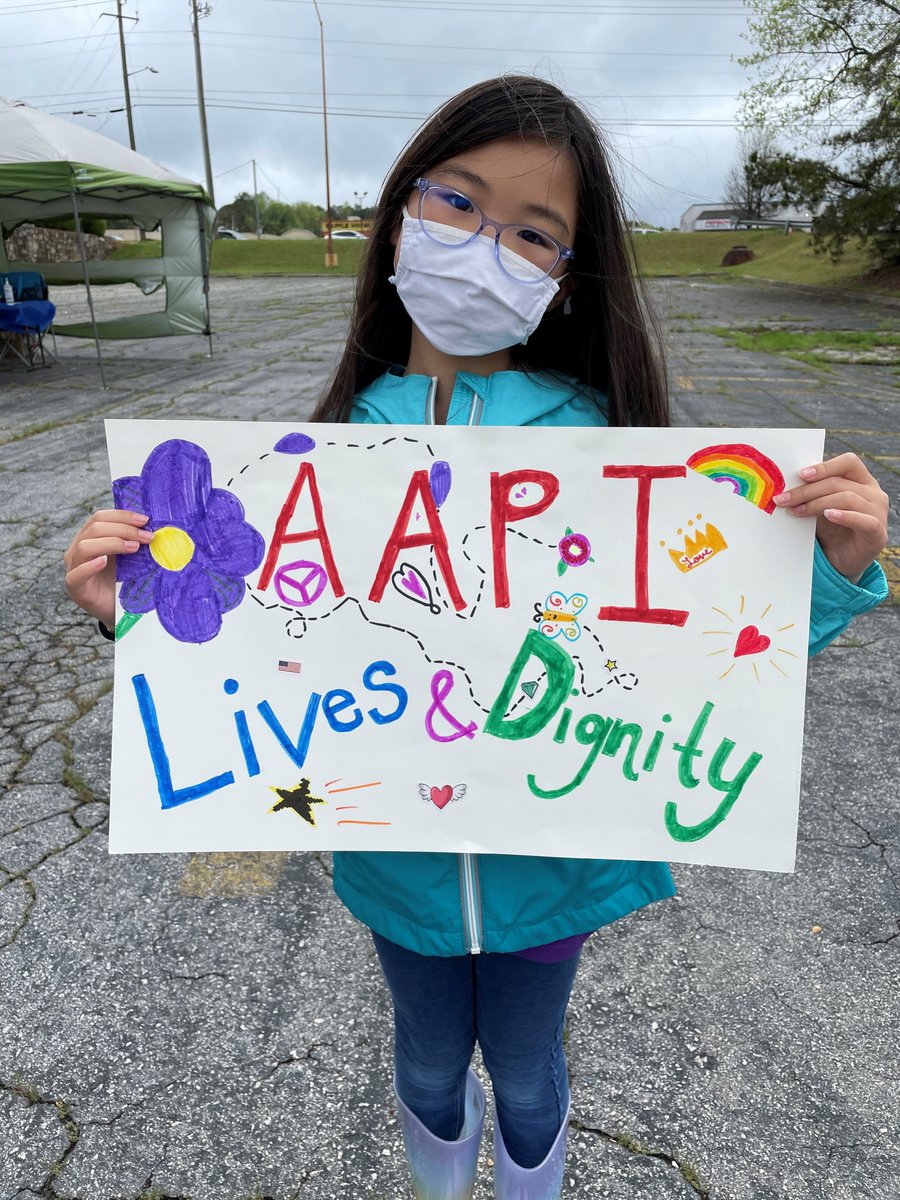
The six victims of Asian descent in the Atlanta-area mass shooting represented a diverse community.
Their deaths have united many Asian American women. washingtonpost.com/nation/interac…
Their deaths have united many Asian American women. washingtonpost.com/nation/interac…
Video: How Asian American women feel connected to victims of the Atlanta spa shootings
Videos by Drea Cornejo. Photos by Mary Inhea Kang, Michelle Mishina, Carolyn Fong, Mick Hawkins, Drea Cornejo, Sarah Pulcino, Caroline Yang and Mengwen Cao. Family photos were provided by the women featured in this story.
• • •
Missing some Tweet in this thread? You can try to
force a refresh




















